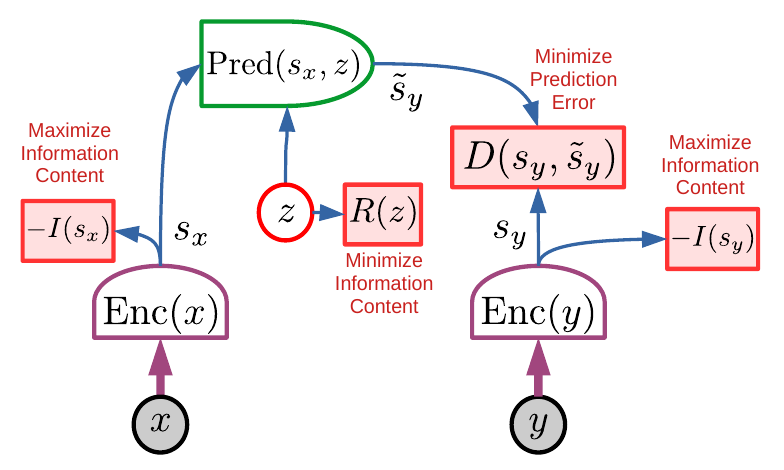
My unwavering opinion on current (auto-regressive) LLMs
1. They are useful as writing aids.
2. They are "reactive" & don't plan nor reason.
3. They make stuff up or retrieve stuff approximately.
4. That can be mitigated but not fixed by human feedback.
5. Better systems will come
1. They are useful as writing aids.
2. They are "reactive" & don't plan nor reason.
3. They make stuff up or retrieve stuff approximately.
4. That can be mitigated but not fixed by human feedback.
5. Better systems will come
6. Current LLMs should be used as writing aids, not much more.
7. Marrying them with tools such as search engines is highly non trivial.
8. There *will* be better systems that are factual, non toxic, and controllable. They just won't be auto-regressive LLMs.
7. Marrying them with tools such as search engines is highly non trivial.
8. There *will* be better systems that are factual, non toxic, and controllable. They just won't be auto-regressive LLMs.
I have been consistent while:
9. defending Galactica as a scientific writing aid.
10. Warning folks that AR-LLMs make stuff up and should not be used to get factual advice.
11. Warning that only a small superficial portion of human knowledge can ever be captured by LLMs.
9. defending Galactica as a scientific writing aid.
10. Warning folks that AR-LLMs make stuff up and should not be used to get factual advice.
11. Warning that only a small superficial portion of human knowledge can ever be captured by LLMs.
12. Being clear that better system will be appearing, but they will be based on different principles.
They will not be auto-regressive LLMs.
They will not be auto-regressive LLMs.
13. Why do LLMs appear much better at generating code than generating general text?
Because, unlike the real world, the universe that a program manipulates (the state of the variables) is limited, discrete, deterministic, and fully observable.
The real world is none of that.
Because, unlike the real world, the universe that a program manipulates (the state of the variables) is limited, discrete, deterministic, and fully observable.
The real world is none of that.
14. Unlike what the most acerbic critics of Galactica have claimed
- LLMs *are* being used as writing aids.
- They *will not* destroy the fabric of society by causing the mindless masses to believe their made-up nonsense.
- People will use them for what they are helpful with.
- LLMs *are* being used as writing aids.
- They *will not* destroy the fabric of society by causing the mindless masses to believe their made-up nonsense.
- People will use them for what they are helpful with.
• • •
Missing some Tweet in this thread? You can try to
force a refresh







